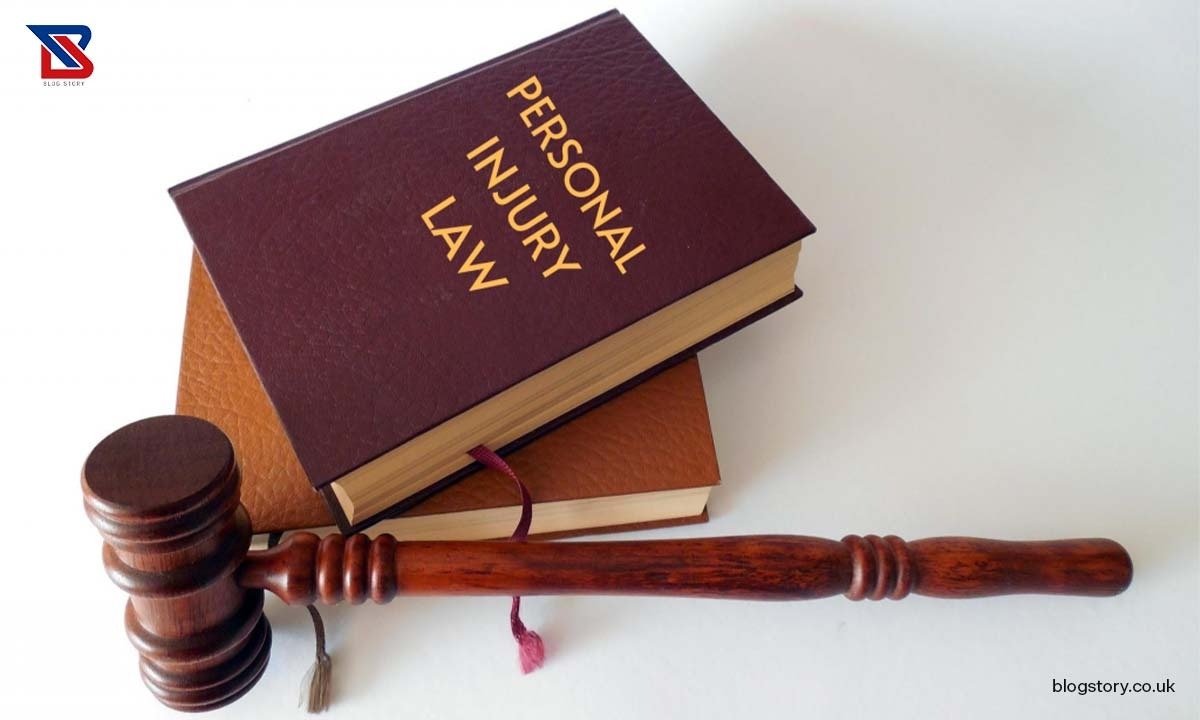
How To Be a Good and Helpful Client To Your Personal Injury Lawyer
Hiring a personal injury lawyer is an essential step in seeking justice. Understanding how to be a helpful client will make your case smoother and contribute to its success.
This blog post discusses the things you can do to help your lawyer when filing a personal injury lawsuit.
1. Follow Your Attorney’s Advice
Your attorney has the legal expertise to handle your case. Follow the instructions they give carefully. Lawyers are trained to identify potential risks. By following their advice, you can avoid situations that might jeopardize your case. They usually advise against the following actions:
- Discussing the details of your accident on social media
- Sharing your medical history with the insurance adjuster
- Talking to your insurance adjuster without consulting your lawyer
2. Be Honest and Transparent
As a client, ensure you provide your lawyer with all necessary information related to your case. Every detail they ask for from you builds a solid legal strategy and contributes to the success of the personal injury lawsuit. The details you might be required to share are:
- Your medical history
- Details about your accident
- Your injuries
- Communication details with your insurer
- Information about the parties involved
- Correct witnesses’ details
If you provide this information to your lawyer, there is a higher chance of winning the case.
3. Communicate Effectively
Maintain open communication with your attorney. Ensure you respond to their calls, emails, or any requests for information.
You should also update your attorney on any changes in medical conditions or circumstances associated with your case.
Giving current information helps your lawyer advocate effectively on your behalf. Effective communication will help you get justice and compensation for your injuries.
4. Keep Detailed Records
Detailed records help your lawyer organize the information and build a strong case. The records you to keep include:
- Medical bills
- Receipts of any expenses related to the personal injury
- Insurance information
- Communication details with the party at fault
- Photos
- Witness statements
- Police report, if any
- Details of your employment
- Prior medical history
- Any documents or information that might be relevant to your case
5. Prepare For The Settlement Negotiation Stage
Prepare to discuss settlement options in case your case reaches the negotiation stage. Prior preparation will help determine if the settlement is fair based on the circumstances of your case. Trust your attorney to give guidance about the same.
6. Respect Your Lawyer’s Time and Expertise

Respecting boundaries is essential. Micromanaging your lawyer might inhibit their ability to negotiate on your behalf.
Micromanagement could also lead to conflict and undermine their ability to handle your case. Trust your lawyer’s expertise and maintain open communication for a less stressful legal experience.
7. Provide Feedback on Your Personal Injury Case
Feedback makes sure that you and your lawyer are on the same page. Your feedback will help the attorney tailor the legal process to your needs.
Building a rapport will ensure understanding through the legal process. If you have any areas of concern, you can point them out and maximize the chances of making the case successful.
8. Be Patient
Your lawyer has your best interests at heart. Legal processes can be time-consuming and complex. Trust your lawyer to do diligent work on your case.
Rushing the process might compromise the quality of your desired outcome. Remember that it is okay to respectfully inquire about issues concerning the speed of your case without placing undue pressure on your lawyer.
Conclusion
Being a helpful client to your personal injury lawyer maximizes the effectiveness of your legal representation. It equally makes the outcome of your case favorable. Following your lawyer’s advice and maintaining open communication creates a strong relationship. Following these tips will make proving the elements of personal injury law a bit easier.
You May Like Also:













Your point of view caught my eye and was very interesting. Thanks. I have a question for you. https://accounts.binance.com/ro/register?ref=V3MG69RO
When looking for the best legal online casinos, many players are drawn to the futures betting benefits offered. This type of betting allows users to place wagers on upcoming events, often providing higher odds and the potential for significant profits. It adds an extra layer of excitement and strategy to online gambling experiences.